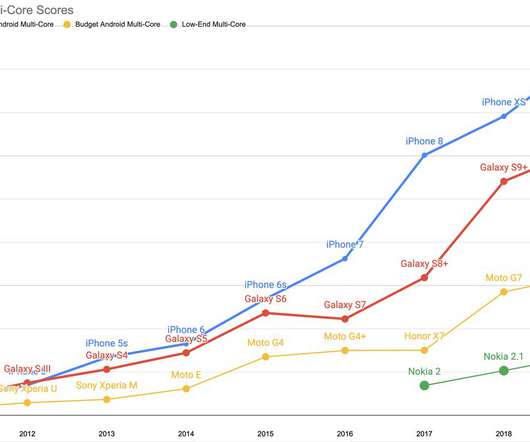Cache and Prizes
Alex Russell
MARCH 31, 2022
Browsers will cache tools popular among vocal, leading-edge developers. There's plenty of space for caching most popular frameworks. The best available proxy data also suggests that shared caches would have a minimal positive effect on performance. Browsers now understand the classic shared HTTP cache behaviour as a privacy bug.












Let's personalize your content